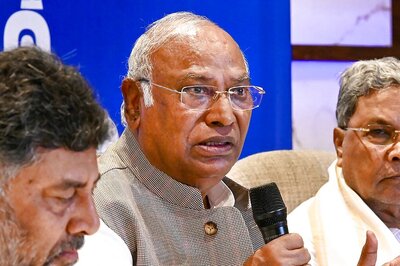
views
Childhood obesity poses a significant global healthcare challenge, as highlighted by the World Health Organisation (WHO). In 2020, WHO reported that there were 39 million children under the age of 5 who were classified as overweight or obese worldwide. Additionally, over 340 million children between the ages of 5 and 18 were identified as overweight or obese. Unfortunately, the situation in India is exacerbating. Recent data indicates a rise in the percentage of overweight children under the age of 5, increasing from 2.1% in National Family Health Survey (NFHS-4) to 3.4% in (NFHS-5).
“The condition has taken the form of a global epidemic that has significant consequences for the health and welfare of individuals and their broader societies. Childhood obesity can have an impact on children socially where they are subject to stigma, discrimination and isolation. There are economic costs also involved for the family in terms of health care costs and loss in productivity,” says Dr Sajili Mehta, Senior Consultant, Pediatric Endocrinology, Surya Mother and Child Super Speciality Hospital Pune.
Research indicates that premature infants may experience a slower metabolism and difficulties in regulating their appetite, potentially leading to overeating and weight gain. Furthermore, premature babies in neonatal intensive care units (NICUs) might encounter circumstances that contribute to obesity in the future, such as heightened calorie consumption, reduced physical activity, and exposure to stress. It should be noted, however, that not all premature babies develop obesity, as other factors including genetics, environment, and lifestyle also play a role in determining a child’s risk of obesity.




















Comments
0 comment